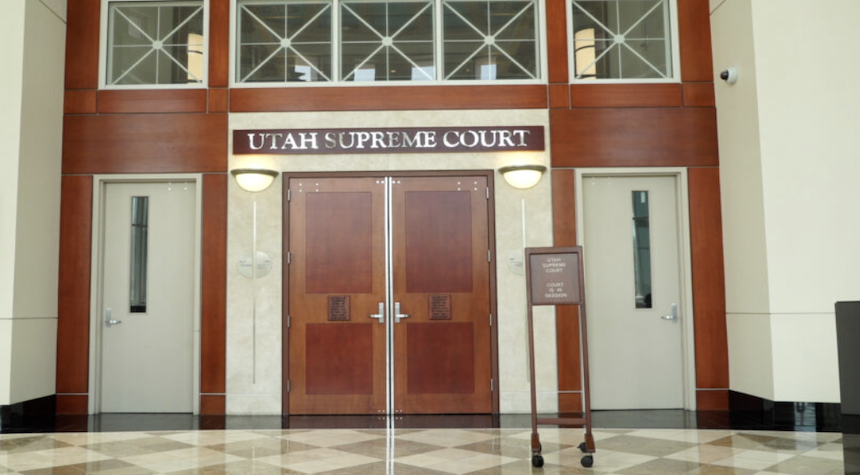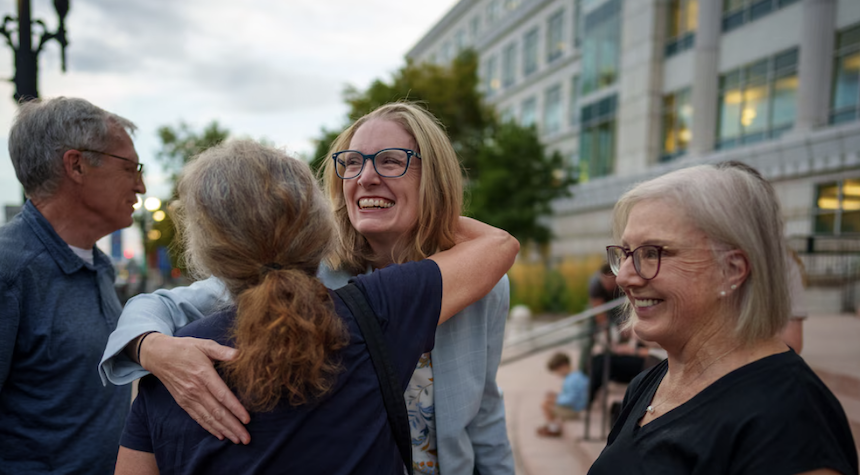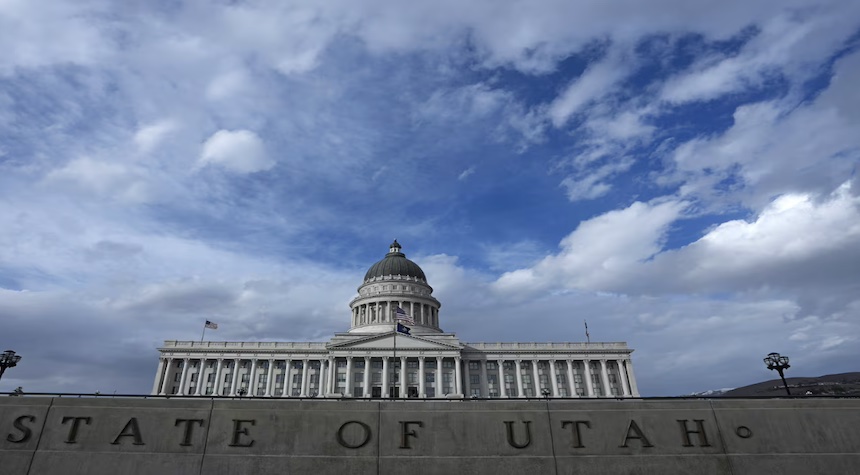Utah lawmakers will need to quickly revise the state’s congressional boundaries after a state judge ruled Monday that the Legislature unlawfully limited a voter-approved redistricting process intended to curb partisan influence.
The current congressional map, adopted in 2021, divides Salt Lake County, Utah’s most populous area and a Democratic stronghold, among four districts, each of which has elected Republican representatives.
District Court Judge Dianna Gibson did not rule on the fairness of the map itself but found it invalid because lawmakers had weakened and disregarded an independent redistricting commission created by voters in 2018.
“The nature of the violation lies in the Legislature’s refusal to respect the people’s exercise of their constitutional lawmaking power and to honor the people’s right to reform their government,” Gibson wrote.

Under the ruling, new maps must be in place before candidate filing begins in early January 2026. Lawmakers face a September 24 deadline, though appeals from Republican leaders could delay changes until later election cycles. Voting rights groups that challenged the map will also be able to submit alternative proposals.
The decision adds uncertainty to Utah’s congressional landscape ahead of the 2026 midterms, when control of the U.S. House is expected to be closely contested.
Also Read: Texas House Passes GOP Redistricting Plan, Setting Stage for California Counterattack
Nationally, redistricting remains a contentious issue. Several Republican-led states, including Texas, Ohio, and Florida, have considered or adopted maps favoring their party, while some Democratic-led states have also pursued changes. Independent commissions remain in place in states such as Colorado and Michigan, where voters also approved reforms in 2018.
Utah’s case centers on a 2018 ballot initiative that created an independent redistricting commission to draw district boundaries. The Legislature revised the measure in 2020, converting the commission into an advisory body. In 2021, lawmakers adopted their own map, discarding the commission’s proposal.

Voting rights groups sued, arguing the changes undermined voter-approved reforms and constituted partisan gerrymandering. Last year, the Utah Supreme Court ruled that laws created through ballot initiatives may not be repealed unless the Legislature can show a compelling interest. The court sent the case back to Judge Gibson for review, resulting in Monday’s decision.
Reactions were divided. Attorneys for the challengers described the ruling as a major victory for voter rights. Democratic Party leaders also welcomed the decision, while Utah’s Republican officials criticized it. Gov. Spencer Cox said he disagreed with the outcome but respected the court process. GOP legislative leaders said they were considering next steps, and state party chairman Robert Axson called the ruling “judicial activism.”
The ruling reinstates the 2018 voter-approved redistricting standards, requiring that the independent commission’s role be honored in the next round of map drawing.


